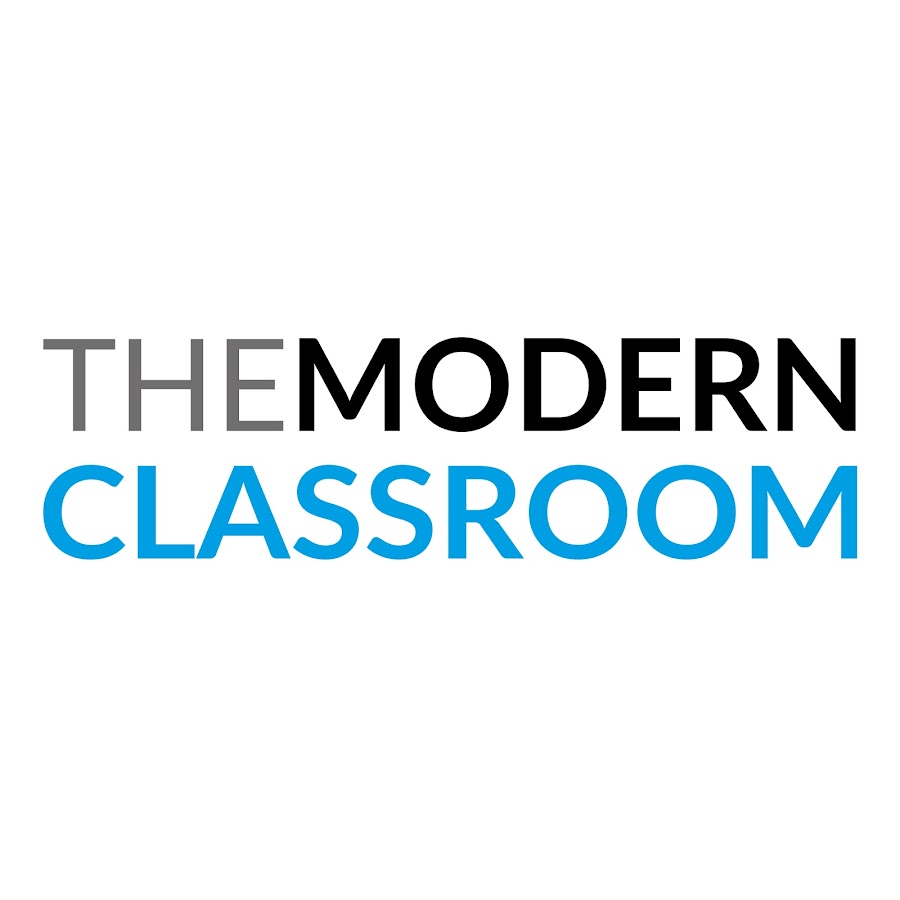Educational tourism is a way to provide education through the means of travel. When we talk about it, travel is fused together with educational activities. It involves placing students into situations where they are able to learn.
Nowadays it is possible to find new ways to educate people, and this is where educational tourism comes into perspective – it is a more practical approach compared to traditional classroom learning. This is an example of how such things as education can be taken to a new level by redefining the framework and principles by which they were conducted.
The methods of education are changing. An increase in educational tourism creates a new trend of learning through travel.
Learning by doing
One of the major approaches that are followed today is “experiential education”. It means that students learn through doing things as opposed to merely reading about them. This method is effective in keeping students engaged as they are not expected to remain passive and instead are given the challenge to explore their surroundings.
In such a way, geography is taught through travel, and history through the people and traditions in each country. Educational tourism allows students to see and hear different languages, cultures, and ways of life in practice. For instance, marine biology can be practiced when swimming at the Great Barrier Reef or when traveling in Egypt to understand how ancient civilization works.
Benefits of Educational Tourism
Active Learning
Through educational tourism, such hands-on learning can be achieved that no textbook or any other medium can offer. For example, if a student is studying geology, he or she may travel to areas near active volcanoes to study the rock structures and volcanic activity from a close angle. This kind of first-hand experience increases interaction, understanding, and retention.
Cultural Encounters and Global Perspective
Meeting people from different nations and regions encourages respect, compassion, and understanding of other cultures. For instance, students acquiring a foreign language may live in a community in which that language is spoken, thereby magnifying their language proficiencies and comprehension of the specific social contexts.
Ability To Think Out Of The Box
Educational tourism encourages critical thinking and independent decision-making among students in a new setting. Learning from experience necessitates addressing complex problems in reality, which enhances students’ resilience, adaptability, and a myriad of other abilities to function in the modern world.
Specific Career Opportunities
Educational tours can also be designed or oriented towards particular careers. For instance, for students who are more inclined toward science, visiting science museums will be a great adventure for them. And more students, who want to feel and experience history; may want to travel to see particular famous buildings and architectures. Such programs give perspectives that are much more difficult to gain in a normal classroom environment.
New Ways of Spiritual and Physical Learning – Educational Tourism
With the changing educational setting, the importance of skills such as creativity, flexibility, and emotional quotient cannot be ignored. Moreover, it is challenging to teach exclusively in classroom settings. Educational tourism that provides experiential travel for students reinforces these soft skills as students are surrounded by such communities, which enhances their critical thinking and self-exploration. It enables learners to apply theoretical concepts in real-life situations, which will enhance their career and personal growth.
In addition, technology has also improved the availability of educational tourism. Students can now see parts of the globe without stepping outside their classroom thanks to virtual field trips and digital materials. These materials support educational tours, thus enabling students to learn before or even during the trip.
Conclusion
As the name suggests, educational tourism expands the boundaries of the classroom, where instruction blends with adventure. Such an experiential approach is memorable and fosters a sense of curiosity and a love of learning that will remain throughout life.
Both institutions and educators can enrich students’ education with educational trips that are expansive and transcend what scavenged knowledge from pages entails. There is no doubt that in the times to come, educational tourism will almost single-handedly change our ways of learning, comprehending, and engaging with the world.
The Modern Classroom conducts educational trips to various places in India and to foreign lands. Enquire now.





Comments